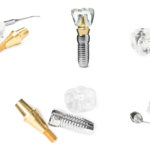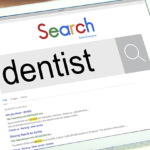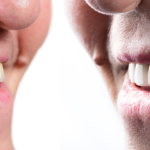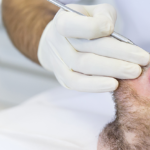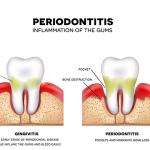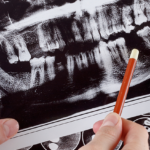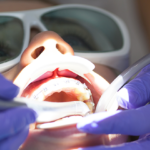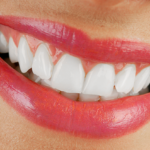The Non-assurance of Dental Insurance
By Cari Griffo for Beyond Borders Dental
If you have experience using insurance for major dental treatment, you can vouch that it covers very little. The yearly allowance is capped at around $1,500.00, which doesn’t even fully cover one single crown in many parts of the U.S., and that’s after meeting your deductible. It is shocking to know that, most often, the same crown can cost less than a co-pay through dental tourism in Mexico. The average 3-unit bridge is $4,000.00 in the U.S., and you are looking at a considerable expense even with dental insurance. Most people are unaware they won’t pay for preventative services such as cleanings and check-up X-rays when their insurance is maxed out.
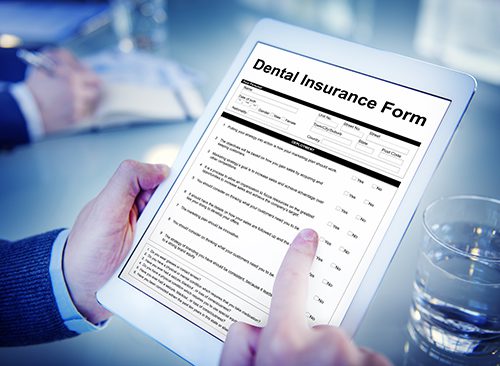
One would ask if dental insurance is worth having. It can be in cases where dental insurance is an employee benefit and if you are in good dental health. Many patients can go for years without needing major work, with insurance covering bi-annual cleanings and exams one hundred percent, along with a high percent/low co-pay coverage for fillings. However, as we age, existing dental work begins to break down, and suddenly, one needs to use their insurance like never before. Unfortunately, after many premiums later, it fails them when one needs to use their insurance the most.
Surprisingly, Canadians do not have oral health care included in their Canadian Health Act and must receive dental treatment through privatized offices. One in six Canadians cannot afford dental treatment, and most do not have dental insurance. The U.S. also does not provide their elders with Medicare oral health care. Only 12 percent of older people in the U.S. have dental insurance. Whether in Canada or the U.S., aging increases your need for dentistry, yet accessibility to care decreases. With the lack of government programs and limitations of dental insurance, dental tourism might be the only assurance to be afforded.
If you have dental insurance, it’s worth checking with your dental insurance company to see their reimbursement policy for receiving care in Mexico. Many dental offices have English-speaking staff to fill out the necessary paperwork for you to file your claim. Also, check with the Mexico dental office to see if they will help you with your insurance claim. Some are familiar with Delta, United Concordia, Cigna, Blue Cross Blue Shield, and others. If so, they would be happy to help.
It’s important to know that dental and medical insurance is not required in Mexico because the government provides these services for free to Mexican citizens, so processing a claim for dental work reimbursement is done differently. Some dental offices will help patients fill out the required documents and provide receipts, signatures, and invoices as necessary for an American or Canadian citizen to file a claim for reimbursement.
Here are some basic guidelines for filing a claim for dental care in Mexico.
Step 1: Before going to Mexico, contact your dental insurance provider and ask if you are covered for the dental treatment you plan to have. Ask if you need pre-authorization, what the requirements are for the reimbursement, and what address you need to send the dental receipts to.
Step 2: Let the dental office know you plan to file an insurance claim before your appointment. Please contact your insurance provider if you have any questions about your dental insurance.
Step 3: After you complete your dental care, mail the receipt to your dental insurance provider. Call them directly to inquire about your claim if you do not hear from your insurance provider within a few weeks.
Remember, when you seek dental care outside of the U.S., you are responsible for obtaining the necessary documentation for services provided, filing a claim with your insurance provider, and paying the dentist when services are performed. Although some dental clinics in Mexico can directly bill your insurance company, most dentists will only complete the reimbursement paperwork, and you must submit it to your insurance provider. Also, please note that clinical notes are written in Spanish and can sometimes present a challenge in processing insurance.
If you have questions or need additional information, please Contact Us or Request a Quote to send us your dental inquiry, and we’ll get back to you.


